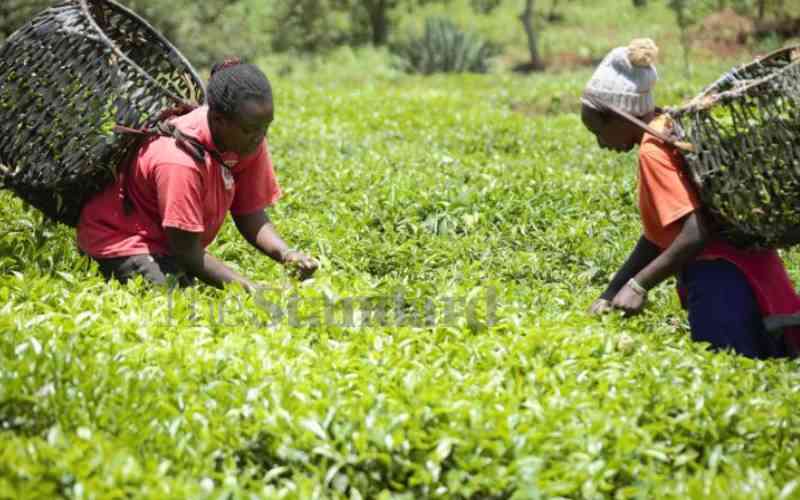×
The Standard e-Paper
Kenya’s Boldest Voice

As the world's largest exporter of black tea, Kenya is undoubtedly one of the most respected tea producers. To move the tea sub-sector to the next level, we must pay special attention to value addition.
Value-added tea can earn farmers about 40 per cent more income than that which has no value added. Value addition in tea includes packaging, branding, blending, quality certification and accreditation.